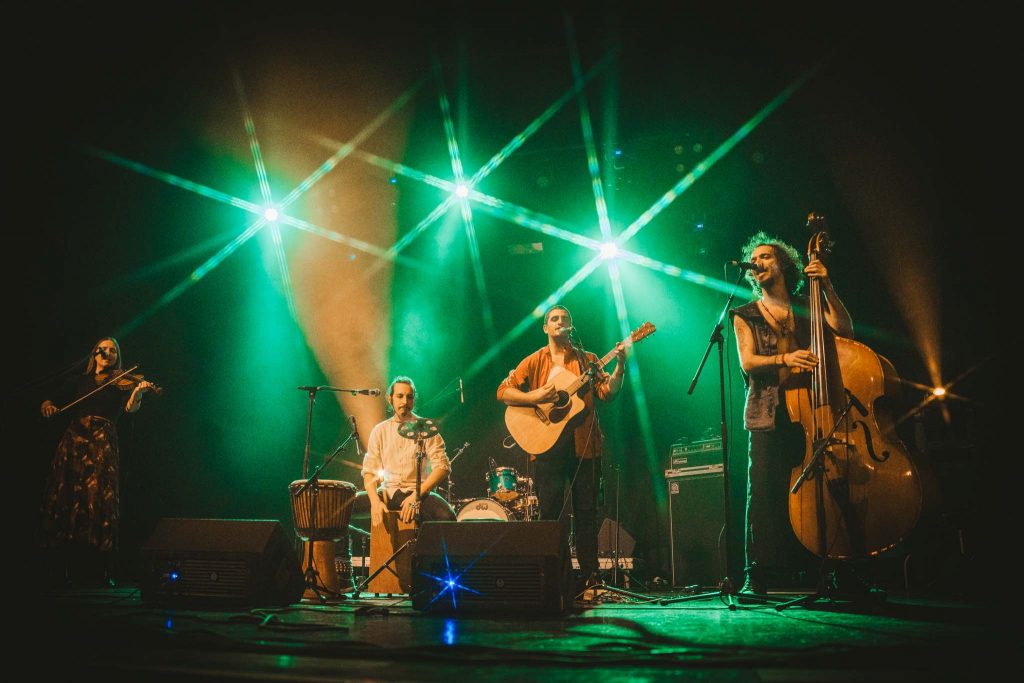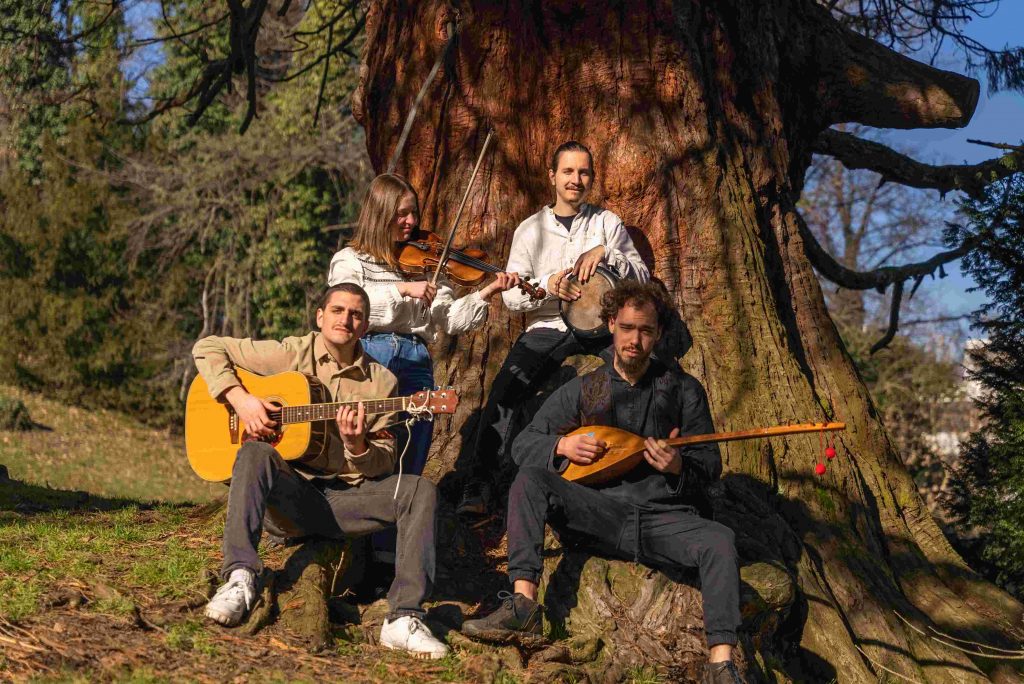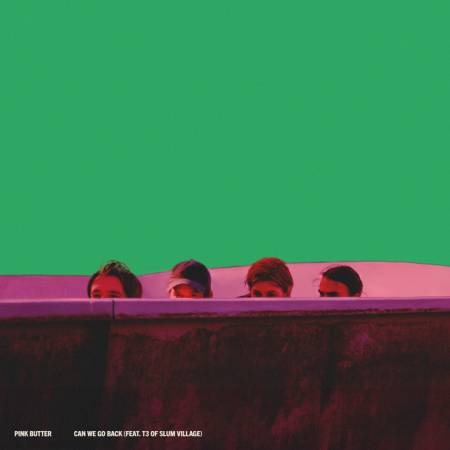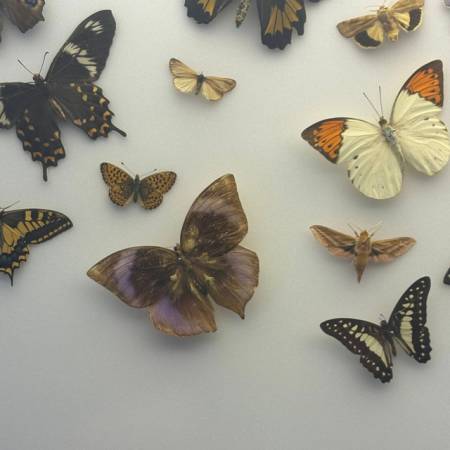Emerging in 2016, Balkalar was inspired by double bassist and vocalist Pavle's experience at Ethno Bosnia. United by their passion for cultural melodies, high school friends Pavle, Irma, and Marko started as a busking sensation. Their authentic sound, characterized by a harmonious blend of double bass, violin, and guitar, captivated street audiences.
The ensemble has gone on to grace stages in numerous European countries and prestigious festivals like
Balkan Trafik, Floating Castle, Goulash Disko, Seasplash Festival and MOST:Balkan. Soon they'll be performing at the International A to JazZ Festival - a showcase based in Sofia, Bulgaria with a mission to spread and promote jazz, world, and improvised music among young people. We recently caught up with Balkalar and throughout the conversation, we dived into the Importance of Balkan Music, and the story behind their self-titled debut album, and more.

Why Balkalar?
It is a pun connecting “balkan” and the name of a fish traditionally eaten as a Christmas Eve stew - bakalar. We had a rehearsal at Christmastime, and our former guitar player Marko Palanović mentioned that he could not wait to eat the fish - bakalar. At that rehearsal, we were also thinking about the name of the band. On the way home, Irma was also thinking about the delicious bakalar, and about the Balkan music we play, and the light bulb was turned on - Balkalar!
How did you all get together? What are your backgrounds?
Stay up to date.
New music and exclusive updates in your inbox weekly.
Most of us have known each other since we were kids in music school, or through the ethno scene in Zagreb. Pavle, Juraj, and Irma are classically trained musicians with an academic background, and Marko has taught himself to play music as a child, completed primary music education, and attended many ethno workshops and camps throughout his life. We all played in different combinations as kids, Pavle and Juraj had a rock band as teenagers, Pavle and Marko have an extraterrestrial ethno band “Kosan” nowadays, Irma and Juraj were busking Beatles songs on the streets of Zagreb, Irma and Pavle studied at Zagreb Music Academy together and Marko and Juraj met each other on JMI Ethno Croatia 2019. We are all interconnected through many layers.
What made you fall in love with ethno music?
Pavle’s visits to JMI Ethno Bosnia camp were what motivated him to gather some friends and start playing this type of music on the streets in Zagreb. Nevertheless, that type of music has been present in our lives since childhood: Irma’s father would play ethno CDs in the car, Marko was introduced to traditional South American flutes as a boy. Unlike in most areas of the world, folk, ethno, and local music scene has always been powerful in the Balkans and it pierces through any subculture you find yourself in, no matter if you are a metalhead or a hipster, there will always be one ethno song in your playlist.
Tell us the story behind your debut, self-titled album.
It’s quite simple: after many years of performing together, we finally found the time and the financial means to record an album. We recorded it with our dear friend and audio engineer Dominik, and the idea was to create a sound slightly different from our live sound, with many layers. We are very grateful MOST: Balkan for supporting us and motivating us to finally release this album, which has had a great impact on the band, since we never had as many gigs as we have this summer.
How would you say Balkan music is unique?
First of all, Balkans as a region is very diverse on many levels and so is its music. Different influences from different borders of our troubled region make up an amazing palette that resonates throughout the world and tells a unique story. Our repertoire consists of Northern Croatia Međimurje region songs, which have Hungarian influence, other songs come from deep Serbia with old Serbian and Bulgarian roots of irregular rhythms. Sevdalinka style has its connection to Sarajevo and other Bosnian cities and the legacy of Sephardic Jews. But when one would put all of this music in a folder, the folder’s name would be Balkan. And that’s what it is in reality, a stew of beautiful music and stories.
And what is the importance of Balkan music in the context of World Music?
I think the world craves for it. Since last year, Irma and Juraj visited many showcases, including WOMEX, the biggest World Music Showcase. We found out that Balkan music really has a special place in the world and it can be showcased from Tokyo to Milwaukee. For example, a few years ago, we played at Balkan Trafik in Bruxelles, Belgium, a pretty big festival. The energy of our performance was not matched to any of the former concerts. The audience was absolutely crazy, but the crazier fact is that they do not even know the songs or can not understand the lyrics. Balkan music has something uniting for all the people, and many different cultures can relate to its sound.
Would you say it’s better to fuse ethno music with contemporary genres & elements to make it more appealing to the masses? Or is it important to keep things authentic?
It’s a choice each artist is free to make based on their own tastes and needs. “Authenticity” is a difficult term and people often have conflicting opinions on what it means for music to be “authentic”. We think both options work, depending on your goals as a musician - keeping the traditions alive, appealing to the masses or breaking the norms.

I believe that Balkan music is one of the things that actually unite the Balkan countries - do you agree?
Yes! Also if we do not strictly talk about the ethno/world music scene. Today, the biggest friendship and love between Serbia, Bosnia, and Croatia (countries that were in a bloody war 30 years ago) is spread through music. All the artists that get recognized go viral regionally and get treated like distant cousins with different dialects. We think it is one of the most beautiful aspects of our region, and it is also
our mission. Connecting this people in our region and in the rest of the world and healing old wounds through music.
What is the future of Balkan music?
We are not sure if it is just our bubble of influence, but there is a feeling that the world is recognising Balkan culture more and more recently. Balkan music has a rich history of blending diverse influences, and this trend is expected to continue. The fusion of traditional Balkan sounds with genres such as electronic, hip-hop, and pop is likely to grow, creating new, innovative styles that appeal to younger
audiences both within the Balkans and internationally.
What traditional artists do you think everyone should know?
Kries, Marina Satti, Wardruna, Kosan, DakhaBrakha, Oranitze, Goran Bregović, Veja…







